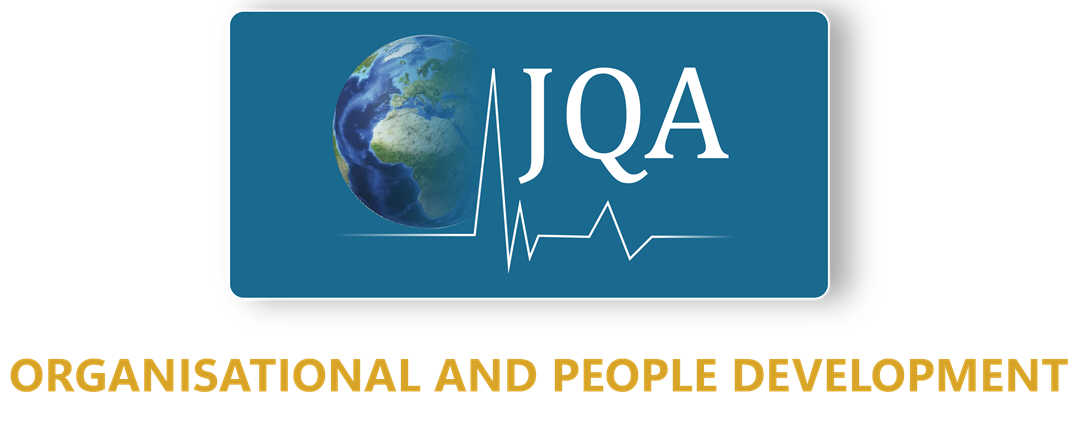
Written by Chris O’Malley
Transforming a school is a long, hard and often lonely task for a headteacher. A great headteacher will have a lasting and positive impact on organisational performance and, most importantly, on long-term pupil outcomes. Headteacher recruitment is one of the most important tasks a governing body will ever undertake, and the high-stakes nature of education can mean that finding the right person for a role is harder than ever. Indeed, making the wrong appointment will certainly have a negative impact on staff wellbeing, pupils’ long-term outcomes, and the wider community as a whole. Put simply, getting it right isn’t just important; it’s essential.
So what help is available to the governing body to help them make the right choice? The National Governance Association (NGA) recommends that governors seek specialist support if they feel it is necessary for the recruitment and selection process of a headteacher. Recently, a renowned college in Devon did just that and requested the support of JQ Associates in their selection process for a new headteacher. Megan McEnery, Operations and Client Manager at JQA, commented, “Here at JQA, we have over 20 years’ experience working with organisations that are global leaders in their sectors. We have an in-depth understanding about why leaders succeed or fail, and we are very well-positioned to provide governing bodies with essential insights which they might otherwise overlook or not be aware of when making these critical recruitment decisions.” As a senior school leader herself prior to working at JQA, Megan certainly has an excellent understanding of the pivotal role of effective leadership in navigating complex operating environments such as schools.

JQ Associates understand that the human psyche is complex. Their role is to fine-tune leadership recruitment for the sake of a school’s performance and the individual leader’s own well-being. When making successful headteacher appointments, a governing body needs support to apply the best of science and intuition when making that final decision. Modern school settings are increasingly strained, and the skill set required for effective school transformation is more nuanced than ever. In this way, JQA were able to successfully support the college’s governing body to feel more confident in making the right decision using the scientific insight and assessment which formed a clearer picture of a candidate’s potential to lead the school as it continues to grow from strength to strength.
Megan McEnery added, “Our tailored leadership assessments, informed by psychological research and best practice, empowers schools to make strategic decisions that reduce risk, drive growth and ensure a positive leadership impact.” The holistic approach that JQA employs is straightforward with detailed psychometric assessment and an in-depth interview conducted by one of the Associate Psychologists. These data were analysed, and the results were quickly shared with the members of the governing body. Clear indications of each candidates’ strengths and potential development and risk factors all helped paint a rich picture of each individual to ensure a robust decision could be made which not only supported the school but also the wellbeing of the candidates
Recruiting the right candidate for a role is never easy. And in the the ever-evolving landscape of school leadership, these difficulties are magnified tenfold. JQA can support governing bodies to find the right fit for their school by analysing and assessing each candidate’s complex mix of personality, skills and experience. A little more support to help governors make the right choice.
If you would like additional information about how JQA can support your organisation or for more information about the work we are doing with schools, please do not hesitate to get in touch.





